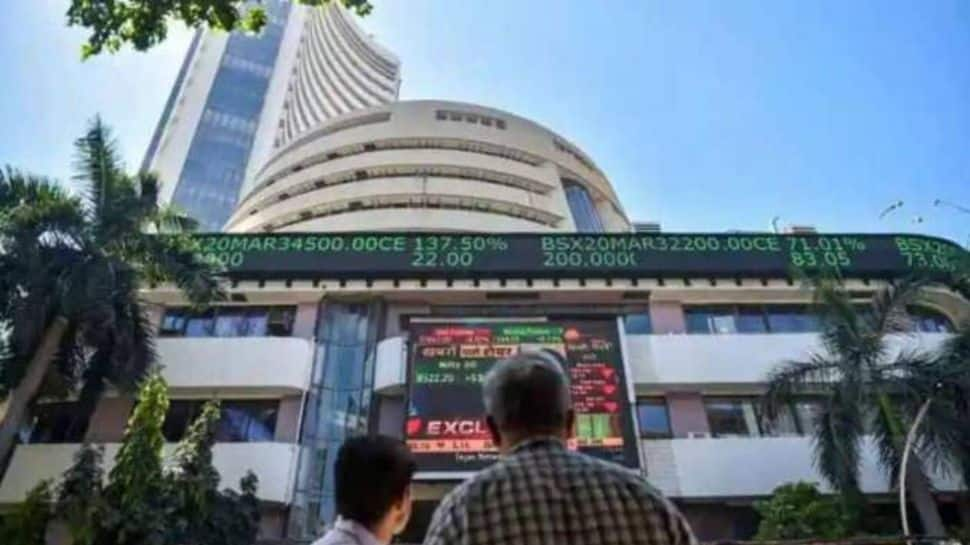New Delhi: The Nifty 50 index on June 4, experienced a sharp decline of nearly 6 per cent leading to investors losing around Rs 31 lakh crore in stock market. This significant drop marked the biggest fall in four years. Broking platforms suggested that a glitch in the Bombay Stock Exchange (BSE) mutual fund system might have caused orders to be processed the next day, missing the chance to benefit from the market recovery.
However, the BSE denied any fault on their part. “There was no technical glitch at the exchange end on 4th June. However, there was some lag in receiving payments from UPI channel for a few customers,” said a BSE spokesperson (Also Read: Sensex Touches All-Time High, Nifty Up 2%)
Many users have posted on social media site “X” formerly known as Twitter that they purchased a mutual fund through online Apps on June 4 but NAV showed for June 5. Several investors of apps like Zerodha, Groww, Upstox, and Angel One vented their anger on social media platforms about their inability to square off their positions in equities or F&O. (Also Read: India’s Forex Reserves At Historic High Of $651.5 Bn, CAD To Dip: RBI)
On June 4, benchmark Nifty 50 index fell nearly 6 percent, wherein investors lost around Rs 31 lakh crore in the stock markets. The combined market-cap of BSE-listed firms also retreated to Rs 394 lakh crore on the day, from Rs 425 lakh crore.
With heavy fall in equity, NAVs of Mutual fund also dropped, leading many investors to place purchase orders to take advantage of the low prices. However, many of these orders were processed the next day, when the market had bounced back by 3 percent.
When asked about the issue, RBI denied to comment on it during monetary policy press conference. But the central banks said, they are making efforts to reduce downtime for UPI transactions. Daily UPI transactions are between 40 to 45 crore so there is a lot of pressure. RBI said, there is no delay from NPCI end, but there may be some delay at the banking end which the central banks is trying to resolve in coordination with specific banks.
Reports suggesst this delay caused many investors losing money in many cases by up to 3 percent on their mutual fund purchases on June 4. Meanwhile, those who invested in exchange-traded funds (ETFs) also faced issues, as ETFs were trading at a much higher price than their actual value. (With ANI Inputs)

